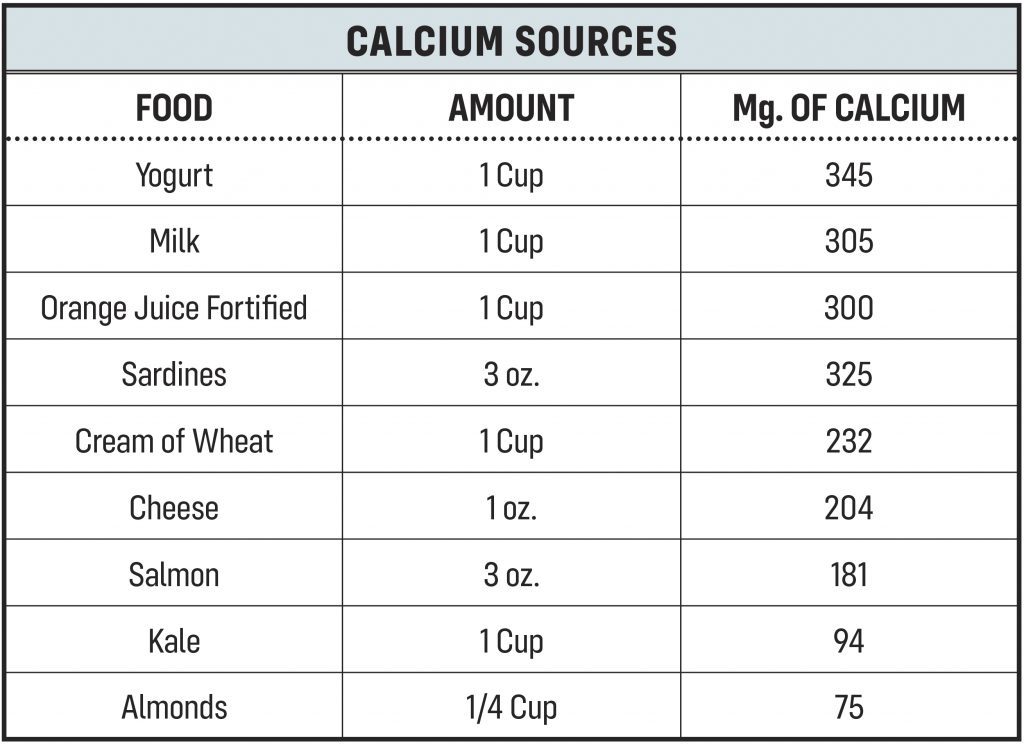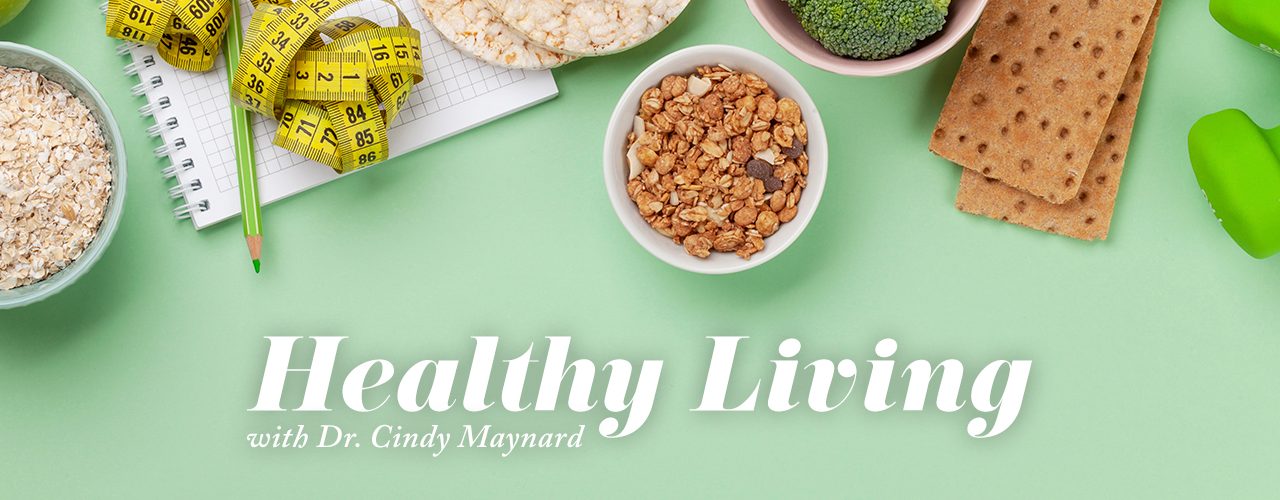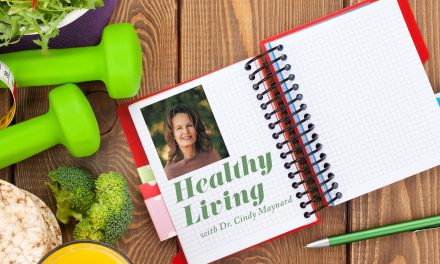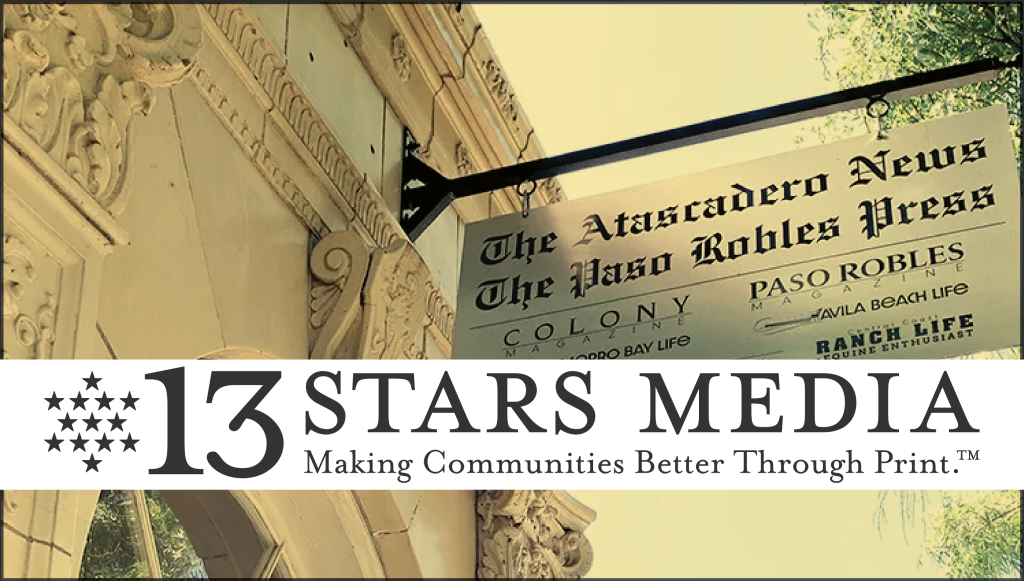By Dr. Cindy Maynard
First, the good news. Your body doesn’t stop growing bone tissue when you stop growing. You can continue to add to your bone mass no matter what age you are if you keep physically active and consume enough calcium to meet your daily needs. Now the not-so-good news. Most Americans, especially teens, are sedentary and aren’t getting the recommended level of calcium needed (about 1200 mg per day) every day to build bone mass.
Calcium is a major player regarding bone density.
Ninety-nine percent of it is found in our bones, where calcium helps to give bone its structure. The remaining one percent is found in the blood and other body fluids where calcium helps in muscle contraction, blood clotting, and nerve transmission. If we don’t get enough calcium, several health problems can result, the primary one being osteoporosis.

What is Osteoporosis?
Osteoporosis is a condition of weak bones caused by a gradual loss of structural minerals such as calcium. It is often termed the “silent disease” because it develops slowly over a period of years before obvious signs such as loss of height, curvature of the spine, or fractured bones occur. There is no cure, but it can be prevented if you know what it is, how it develops, and what you can do to avoid it. The following questions will help you find out.
How Old Are You?
If you’re over 40, your bones are starting to become thinner. This is just a normal part of aging. The bones become thinner because they are losing calcium faster than they gain it.
But you can slow down the rate at which your bones lose calcium by eating calcium-rich foods (see table).
Do Any of Your Relatives Have Osteoporosis?
If you inherited a small, thin skeleton, then you have a greater chance of developing osteoporosis. Caucasian and Oriental women are at higher risk as they tend to have small frames and thinner bones than men and African American women.
Are You Female?
Osteoporosis is eight times more common in women than in men.
Women generally have thinner and less dense bones than men. Pregnant and breast-feeding women who don’t consume enough calcium-rich foods lose calcium from their bones to supply the needs of their developing babies. Women and teens who are constantly dieting are less likely than men to eat enough of the calcium-rich foods they need to keep their bones strong.
Have You Gone Through Menopause?
After menopause, women lose calcium from their bones at a more rapid rate because their estrogen levels are lower. Lower estrogen seems to increase the breakdown of bone tissue.
Get your physician’s advice if you are going through menopause.
Do You Exercise Regularly?
Movement that involves moving muscles against the force of gravity, such as walking, cycling, or other weight-bearing exercises, leads to denser, stronger, and well-mineralized bones. Exercise can also increase your flexibility and tone.
Are You Eating Enough Calcium?
The recommended dose is approximately 1,200 mg. depending on your age. The dairy group is a great supplier of calcium. Two glasses of milk roughly supply about 600 mg. of calcium. See the table below for calcium-rich foods.
In short, follow that long-time ago advice of your mother: “Don’t smoke, get your rest, eat your vegetables, and don’t forget to drink your milk.”

Cindy Maynard, PhD, RD, is a health psychologist, a registered dietitian, and a nationally published health and fitness writer. You can contact her at drcindymaynard@live.com






